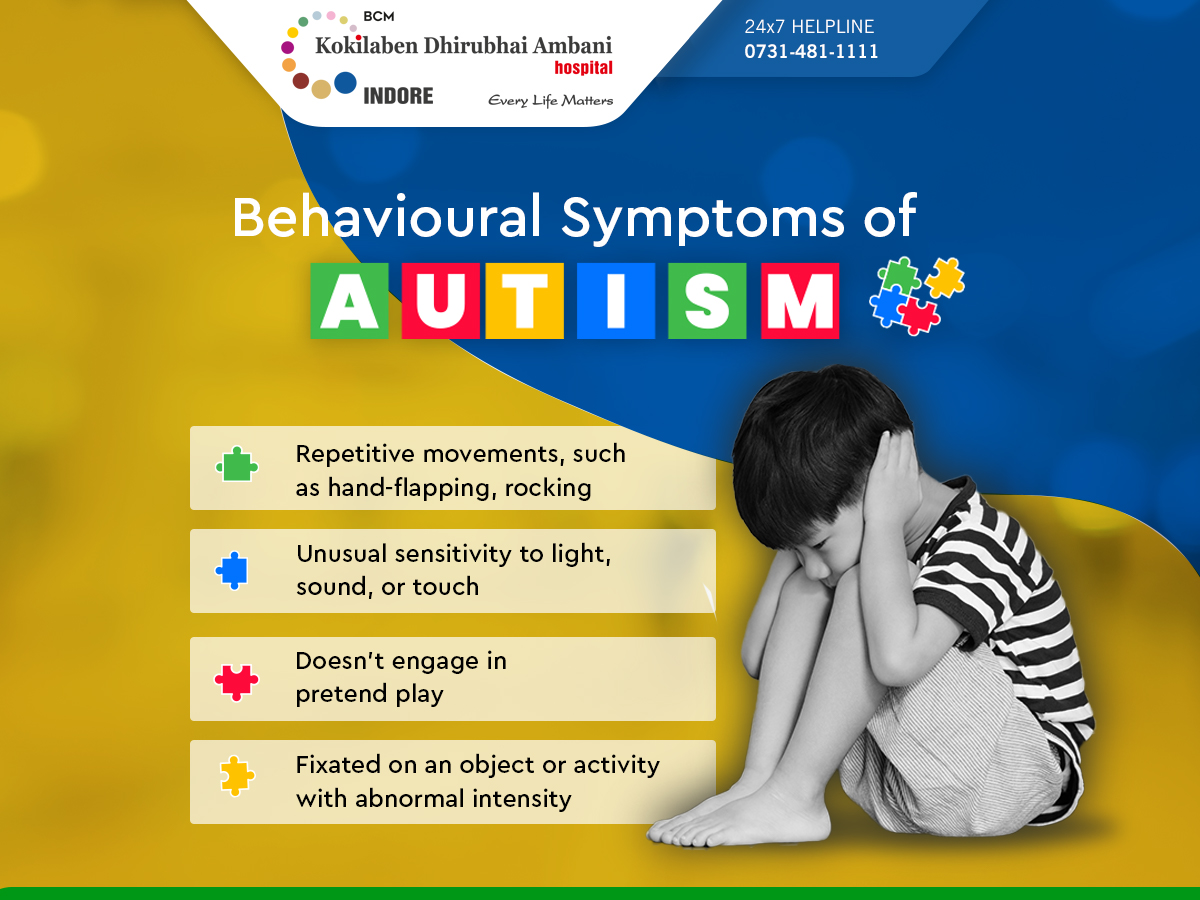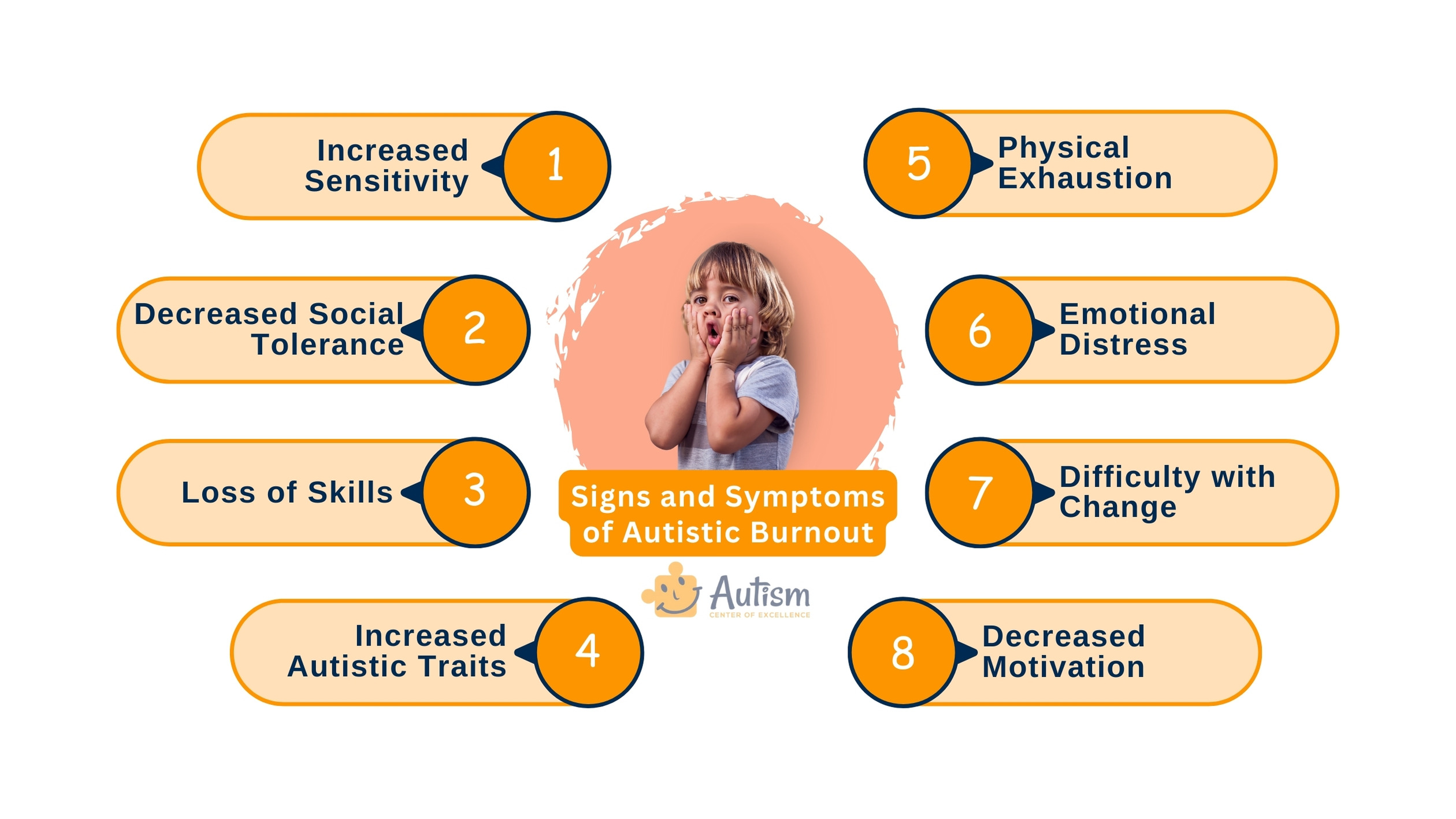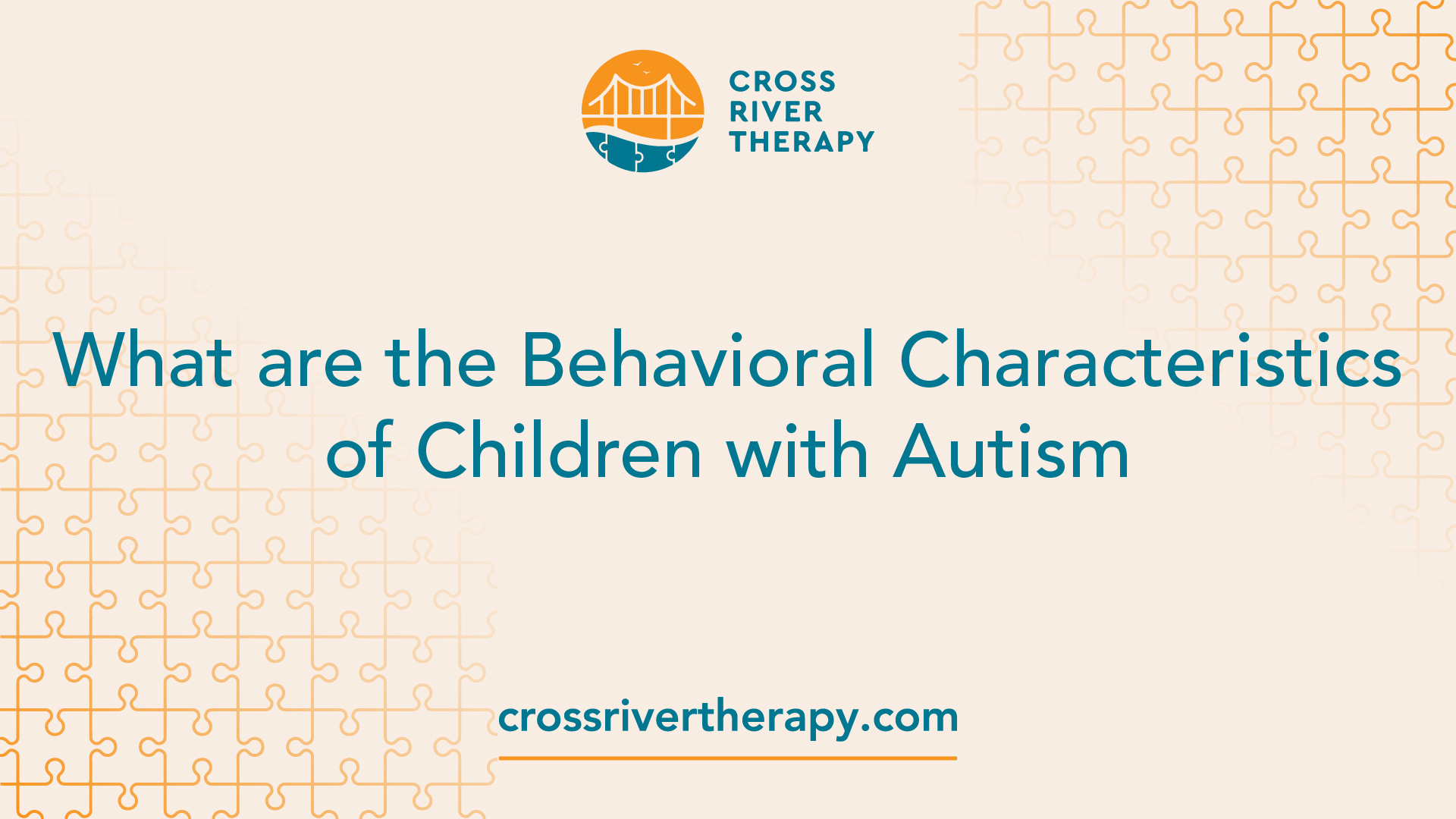Secret Symptoms And Signs to Recognize in Individuals With Behavior Autism
When you run into someone with behavioral autism, identifying vital indications and signs is essential. In addition, sensory sensitivities can lead to overwhelming experiences.
Obstacles in Social Communications
When you interact with somebody on the autism spectrum, you might observe they struggle with social signs and communication. These challenges can make social communications really feel overwhelming for them. You might see them preventing eye call or standing also close or also far during conversations, which can develop misconceptions. They could not select up on body movement or face expressions, making it harder for them to gauge just how others are feeling.
In addition, you may find that they choose regimens and acquainted setups, which can restrict their desire to participate in brand-new social circumstances. When they do engage, they may speak about their rate of interests in fantastic detail without seeing if you're interested. This can bring about prejudiced conversations that leave you feeling disconnected. Understanding these difficulties can assist you approach communications with compassion and patience, fostering an extra comfortable setting for both of you.
Problem With Verbal and Non-Verbal Communication

Non-verbal interaction can be a lot more difficult. You might see an absence of eye get in touch with or minimal use of motions, which can make communications feel awkward. Facial expressions might not always straighten with the discussion, leading to confusion about their sensations. Identifying these signs is necessary, as it assists you far better support and involve with individuals on the autism spectrum. By understanding their interaction challenges, you can foster much more meaningful links and provide a much more encouraging atmosphere.
Repeated Actions and Regimens
Interaction difficulties commonly accompany various other signs of autism, such as repeated behaviors and a strong preference for regimens. You may observe that people with autism commonly engage in specific, repeated activities, like hand-flapping, rocking, or repeating expressions. These habits can provide convenience and a feeling of control in an usually frustrating world.
When they comply with a structured timetable,Routines are similarly crucial; several people flourish. You may discover that modifications to these regimens can lead to significant distress. For example, if they have an everyday ritual of eating morning meal at a certain time or complying with a particular course to institution, any interruption can cause anxiousness.
Recognizing these patterns helps you comprehend their habits and supply support. By fitting their demand for routine and enabling repetitive activities, you can create a more comfy setting that reduces their difficulties.
Sensory Sensitivities

Common Sensory Triggers
Sensory level of sensitivities can substantially impact day-to-day live for people with autism, as certain stimulations frequently set off frustrating reactions. Usual sensory triggers consist of loud sounds, bright lights, and solid scents. You might notice that unexpected audios, like alarm systems or alarms, trigger stress and anxiety or distress. Fluorescent lighting in stores can feel uncomfortable and harsh. Appearances can likewise play a considerable role; rough fabrics or specific food appearances may be excruciating for you. Furthermore, crowded places can overwhelm your detects, making it tough to kick back or focus. Understanding these triggers can assist you manage your environment much better. By recognizing what affects you, you can take actions to minimize discomfort and improve your daily experiences.
Behavioral Feedbacks Explained
Recognizing your behavior feedbacks to sensory level of sensitivities is necessary, as they frequently reveal exactly how you connect with the globe. You could notice that specific sounds, lights, or textures overwhelm you, resulting in anxiety or pain. When encountered a fantastic read with these stimulations, you may take out, cover your ears, or perhaps react aggressively. These feedbacks aren't just peculiarities; they're your means of managing overstimulation. You may also discover on your own seeking details sensory experiences, like deep pressure or silent atmospheres, to aid ground on your own. Identifying these patterns aids you understand your needs much better and can direct how you connect them to others. By recognizing your sensory level of sensitivities, you can function towards producing an atmosphere that feels more workable and comfortable for you.
Coping Approaches Review
Acknowledging your sensory sensitivities is simply the very first step; currently it's time to discover coping methods that can help you manage those experiences successfully. Beginning by producing a sensory toolkit tailored to your requirements. This might consist of noise-canceling earphones, fidget playthings, or calming scents. Establishing a structured routine can additionally provide predictability, decreasing anxiousness around click to investigate sensory overload. Take breaks in a peaceful area to collect yourself when you feel overloaded. Exercising mindfulness strategies such as deep breathing can assist ground you in the minute. Furthermore, interact your demands with those around you; having helpful pals and family can make a big difference. Keep in mind, finding what functions ideal for you might take some time, so be patient and open to trying new strategies.
Limited Passions and Emphasis
While many individuals create a large range of rate of interests, those with autism commonly show restricted rate of interests and an extreme focus on details subjects. You may observe that a person with autism can spend hours delving into their favorite topic, whether it's a certain sort of train, a specific motion picture, or a clinical concept. This intense focus isn't simply a hobby; it can become a main part of their identification and social communications.
You might locate that conversations focus on these interests, and they may have a hard time to engage in broader subjects. For them, these focused passions provide comfort and a feeling of proficiency. While it is necessary to motivate exploration of brand-new subjects, valuing their enthusiasms is equally important. By understanding and recognizing these limited interests, you can cultivate a helpful atmosphere where they feel valued and recognized, enabling even more significant connections and interactions.
Psychological Regulation Troubles
People with autism usually face obstacles in psychological regulation, which can be affected by their extreme emphasis on details interests. You may discover that when a person is deeply participated in a favored task, they can experience solid feelings, whether excitement or disappointment. This intensity often makes it hard for them to move gears or manage their feelings when things don't go as prepared.

Irregularity in Developing Turning Points
When it comes to developing landmarks, you'll discover that people with autism frequently show a vast variety of irregularity. You may see a child succeed in language skills yet battle with social interactions.
It's necessary to recognize that each individual's journey is one-of-a-kind. Observing these patterns can assist you understand their toughness and requires better.
Regularly Asked Questions
Exactly How Is Autism Identified in Children and Adults?
To identify autism in grownups and children, professionals assess behavior, communication skills, and social communications. If an individual satisfies the requirements for autism range disorder., they commonly make use of standard examinations, meetings, and observations to establish.
Are There Different Types of Autism Range Disorders?
Yes, there are various types of autism spectrum problems, including Asperger's syndrome and pervasive developmental disorder-not or else specified. Each type varies in intensity and characteristics, so understanding these distinctions can aid you visit our website much better assistance individuals with autism.
What Treatments Are Efficient for Individuals With Autism?
When considering reliable treatments for people with autism, you'll discover options like Applied Habits Analysis, speech therapy, and work treatment. Each approach can aid improve communication, social skills, and daily operating customized to private requirements.
Can People With Autism Lead Independent Lives?
Yes, people with autism can lead independent lives. With the ideal assistance, abilities training, and resources, you can aid them create self-sufficiency, manage day-to-day jobs, and prosper in various environments, promoting their self-reliance.
Just How Can Households Support Loved Ones With Autism?
You can sustain your enjoyed ones with autism by creating a structured environment, urging their interests, practicing patience, promoting interaction, and promoting social skills. Commemorate their success, regardless of how little, and develop an encouraging community.
Although lots of individuals on the autism spectrum can use and understand language, they frequently face substantial obstacles with both non-verbal and spoken interaction. Acknowledging these indicators is necessary, as it aids you far better assistance and involve with individuals on the autism spectrum. You may see that people with autism typically involve in specific, repetitive actions, like hand-flapping, rocking, or repeating phrases.Sensory sensitivities can considerably affect everyday life for people with autism, as specific stimulations often set off overwhelming reactions.When it comes to developmental milestones, you'll notice that individuals with autism frequently show a vast array of irregularity.